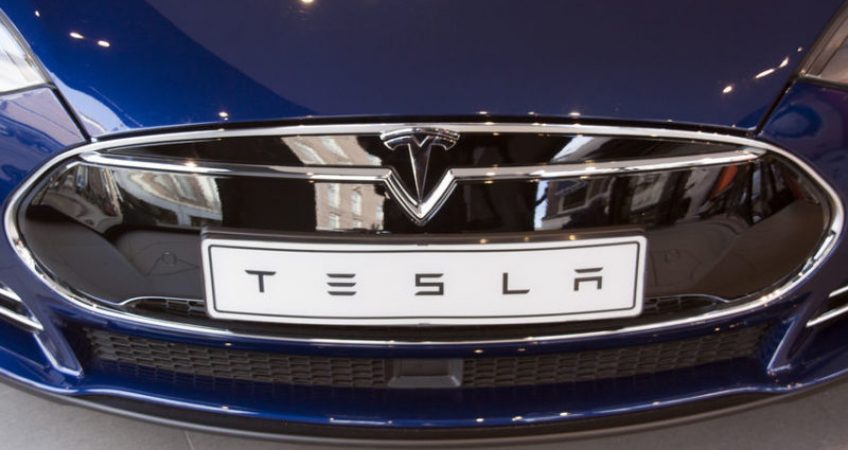
Tesla opened its Amazon Store with exciting goodies for consumers. Is Jeff Bezos ready to sell cars? Maybe, but now e-commerce trends are “Made in China”
Tesla, the company known for its technological advancements and futuristic self-driven cars is back with another antic that will call out the child inside an adult body. Yes, Elon Musk’s Tesla has announced its own Amazon Store with some exciting goodies for sale.
Is the new store offering real Tesla? Not at all. The new platform offers a 1:18-scale Tesla Model S toy car with “Steerable wheels” for $250. It also has a $45 iPhone X case that has the Tesla branding. According to Electrek, the store launched on February 5th will focus on future Tesla customers who might order some vehicle accessories from the e-commerce store. As of now, the store is offering model cars, phone covers, coffee mugs, hats, and hoodies.
And the world gets crazy, suggesting how Amazon is ready now to selling cars on its platform. As always nobody thought that Alibaba added cars on its portfolio since 2014.
What’s new in the West, is already old in China. Now PRC exports its digital innovations. Are international social networks or e-commerce giang copying Chinese trends? Since Facebook, Amazon and Instagram introduced new e-commerce features, it really looks like it.
Let’s see for example the integration of online and offline. In the west, when Amazon acquired Whole Foods Market, everyone speculated how combined those two firms : an online brand with a brick and mortar one in order to produce a new generation of digitally-connected retail. Well, that future has already arrived in China years ago.

In 2014 Citroen celebrated its second anniversary in China by launching its DS Club on WeChat.
Alibaba and JD are rapidly opening retail outlets across the country, called Hema and 7Fresh respectively. Both brands offer a wide range of digitally-connected experiential shopping. First, clients customers can use their phone to scan the barcode of any item in the store to learn about the product’s source, nutritional information and price. Delivery is available at both stores in as little as 30 minutes after consumers have made their purchases. The future of e-commerce and online business is speaking chinese.
What about cars? Lamborghini, Maserati, Ford, Mini, Citroen, Jaguar and more brands, already joined the experience to sell their products online in China.
In 2016 Maserati sold 100 Levante on its platform in…18 seconds! In 2014 Lamborghini, as first brand, sold car on Tmall. Last year Tmall unveiled China’s first “auto vending machine,” partnering with American carmaker Ford Motor for the first phase of a larger push to upgrade the test-drive experience for Chinese consumers. The launch is the pilot collaboration between Alibaba Group, which owns Tmall, and Ford since they announced a partnership in 2017.

Maserati e-shop on Tmall platform. In 2016 Maserati sold 100 Levante on its platform in 18 seconds.
Ford’s Stoneley echoed those sentiments, saying the online-to-offline initiative with Tmall was a targeted strategy to drive foot traffic to the company’s showrooms in China. “It’s about having them try Ford vehicles, and ultimately buying the vehicle at a Ford dealership,” he said.
The future is in China and dear Amazon, you are just copying Chinese e-commerce trends. E-commerce platforms such as Alibaba, Pinduoduo or JD.com have transformed the online shopping becoming a source of inspiration for the most international digital giant.
